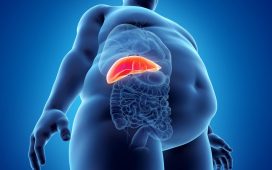Longer sleep duration linked to better daytime blood pressure parameters among patients referred to pediatric nephrology clinic
By Elana Gotkine HealthDay Reporter
TUESDAY, June 18, 2024 (HealthDay News) — For children, longer sleep duration and earlier sleep onset are associated with lower blood pressure, according to a study published online June 18 in Pediatrics.
Amy J. Kogon, M.D., from the Perelman School of Medicine at the University of Pennsylvania in Philadelphia, and colleagues conducted a retrospective study of initial ambulatory blood pressure monitoring data and self-report sleep data collected from patients referred to a pediatric nephrology clinic for evaluation of elevated blood pressure. Associations between sleep exposures and continuous and dichotomous blood pressure outcomes were examined.
The sample included 539 patients (mean age, 14.6 years), of whom 56 percent met the criteria for hypertension. The average sleep duration was 9.1 hours per night, and the average timing of sleep onset and offset was 11.06 p.m. and 8.18 a.m., respectively. The researchers observed an association between longer sleep duration and better daytime blood pressure parameters (e.g., reduced odds of wake hypertension with every extra hour of sleep duration: odds ratio, 0.88). Worse daytime blood pressure parameters were seen in association with later sleep onset (e.g., higher wake systolic blood pressure index in association with each additional hour of later sleep onset: β = 0.07). Across sex, age, body mass index, and weekday status, associations were found to be consistent.
“This suggests that interventions to optimize sleep duration and sleep onset could serve as a nonpharmacologic therapy to improve blood pressure and reduce the burden of pediatric hypertension and its associated complications,” the authors write.
Copyright © 2024 HealthDay. All rights reserved.








